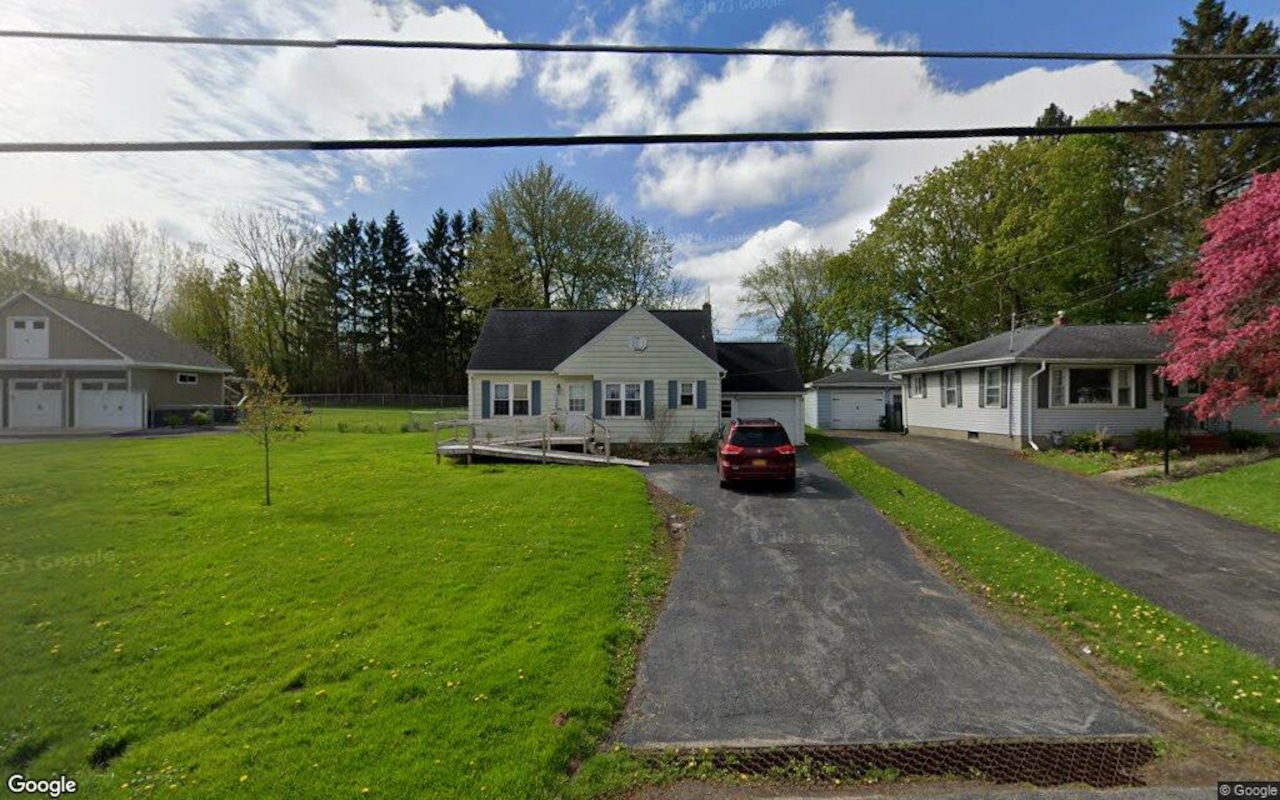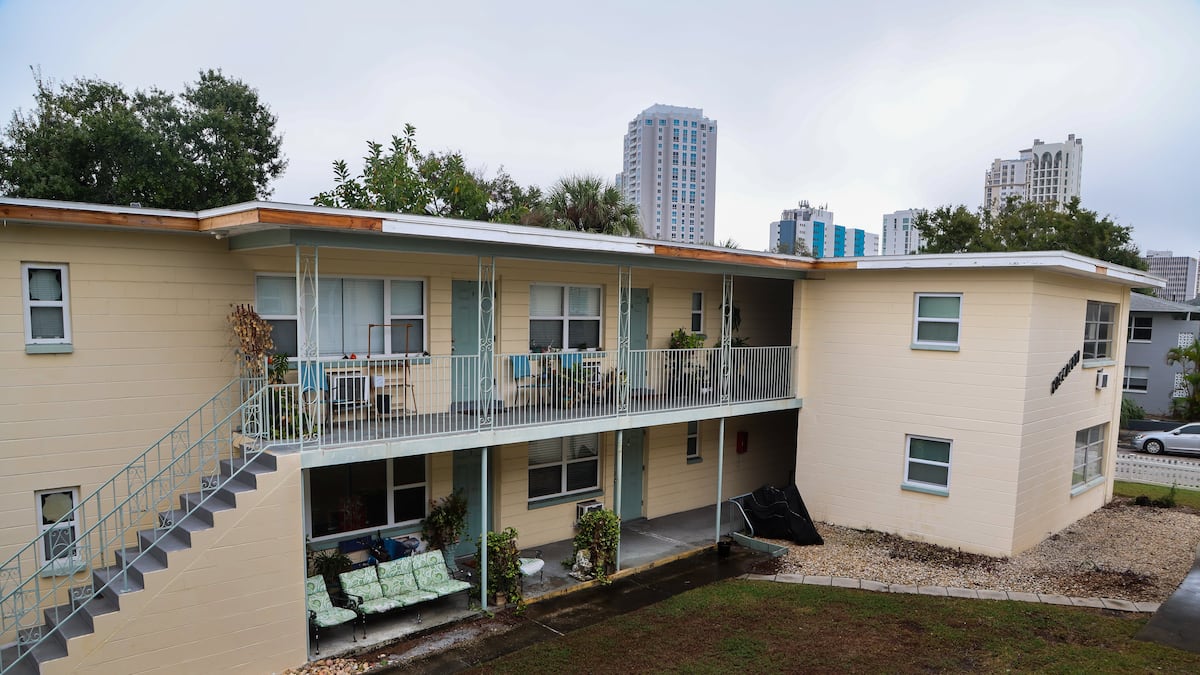O
fficials linked to Hamas said they will reply soon to President Trump’s ceasefire proposal aimed at ending Israel’s nearly two‑year Gaza conflict. White House Press Secretary Karoline Leavitt reiterated the administration’s 3‑4‑day deadline for Hamas to accept a deal, noting that any announcement would come from Trump and Middle East envoy Steve Witkoff.
When asked why Jared Kushner could be involved in Middle East talks despite his Gulf financial ties, Leavitt said the plan, drafted by Kushner, had global support and that Kushner was volunteering his time alongside envoy Witkoff. Witkoff himself has expressed optimism that the U.S. peace effort will succeed.
A New York Times investigation titled “As Witkoff Pitched Mideast Peace, His Son Pitched Mideast Investors” revealed that while Witkoff negotiated ceasefires, his son Alex quietly sought billions from Gulf governments that also participated in the talks.
Debra Kamin, a real‑estate reporter, joined a cross‑department team to investigate conflicts of interest in the Trump administration. Her background helped uncover the Witkoff Group’s history and the overlap between the family’s real‑estate and diplomatic activities.
Steve Witkoff, a long‑time New York developer, founded the Witkoff Group in the late 1990s. The firm specializes in turning distressed properties into profitable condos, with projects in New York, Florida, and abroad. When appointed envoy, he transferred day‑to‑day control to Alex, who now runs the company, while Steve remains a partial owner and has not fully divested.
At a May real‑estate forum, Amir Korangy asked whether Witkoff’s diplomatic role affected the firm’s capital raising. Alex defended the practice as routine, citing decades of relationships with Gulf investors, including the Qatari Investment Authority and Mubadala. Steve clarified that the firm had never partnered with the Qatari Investment Authority on the Park Lane deal, which involved Mubadala, and that his friendship with Qatar’s prime minister is well documented.
Kamin explained that the intertwining of business and diplomacy creates ethical gray areas. While the relationships may have aided the envoy’s selection, they also raise questions about personal gain, especially as Steve still holds equity and Alex continues to benefit from Gulf investments.
The Witkoffs’ second son, Zach, runs World Liberty Financial, a crypto company linked to the Trump family. The Times found that Gulf investors, particularly from the UAE, have poured billions into the venture, suggesting a pattern of enrichment across real‑estate and crypto fronts.
Kamin noted similarities with the Trump family’s own financial entanglements, Jared Kushner’s Gulf ties, and the Lutnicks, highlighting a broader trend of family members profiting from political roles. Reports indicate Witkoff may step down as envoy by year’s end.
Separately, the Times uncovered that two HUD civil‑rights lawyers were dismissed after exposing how the Trump administration’s changes hampered enforcement of the Fair Housing Act. The Act prohibits discrimination in housing on race, disability, family status, etc., and relies on HUD’s Office of Fair Housing to investigate and prosecute violations. The lawyers released internal documents and wrote to Senator Warren; a few days later they were fired and escorted out.
The HUD website is currently offline, and the agency’s work has become entangled with partisan DEI rhetoric, diluting its non‑partisan mission.














